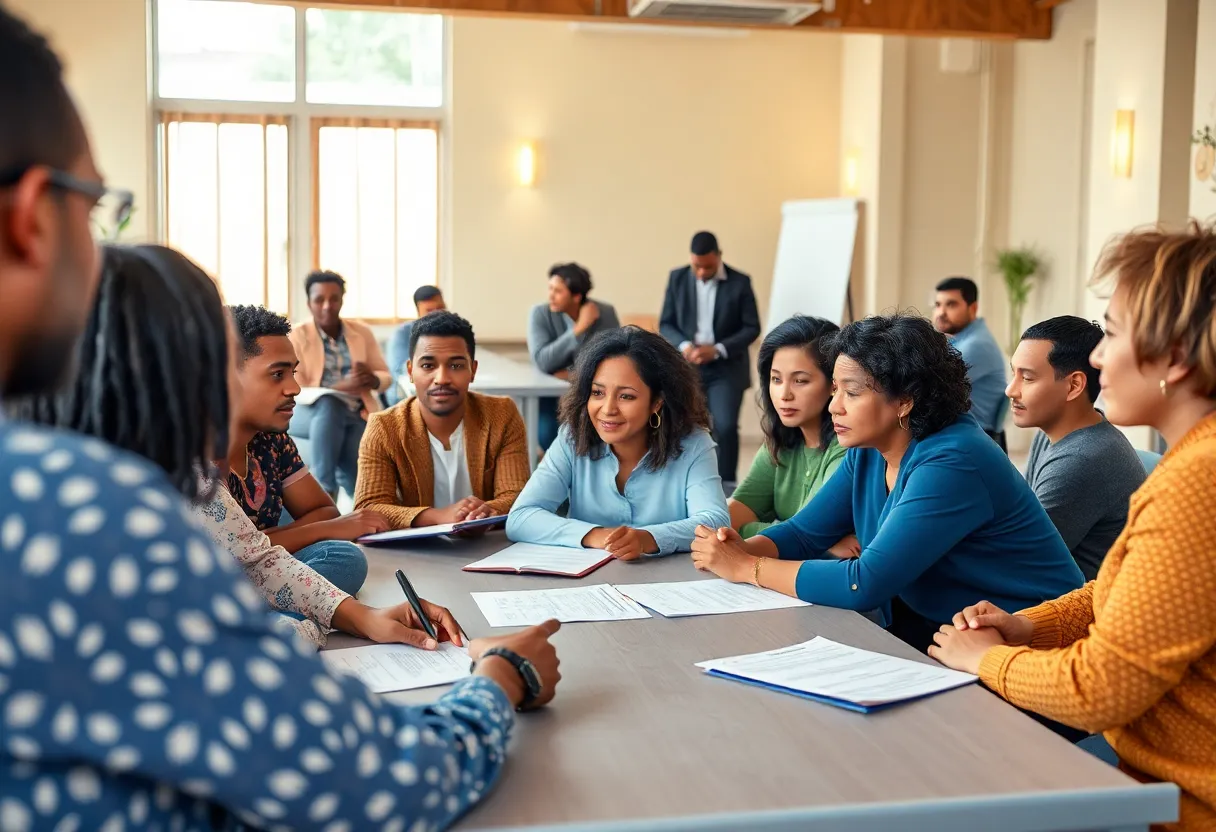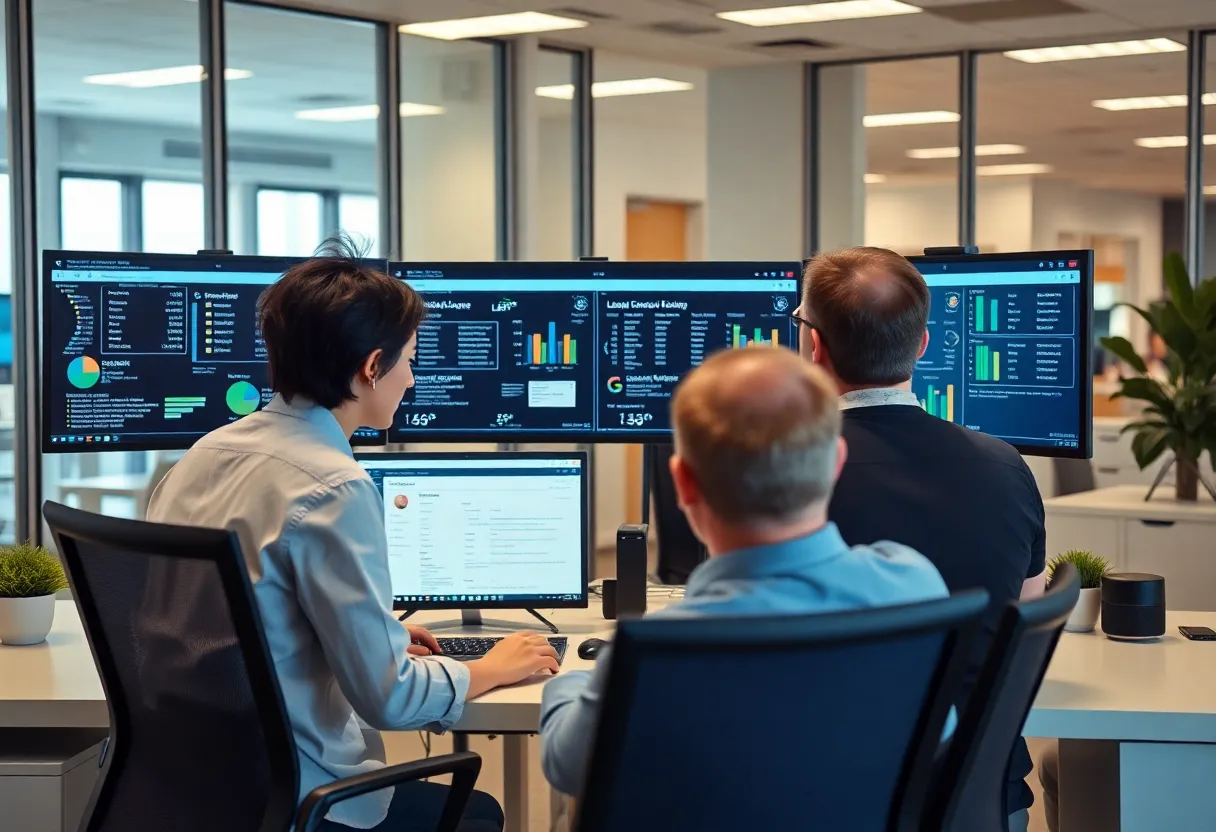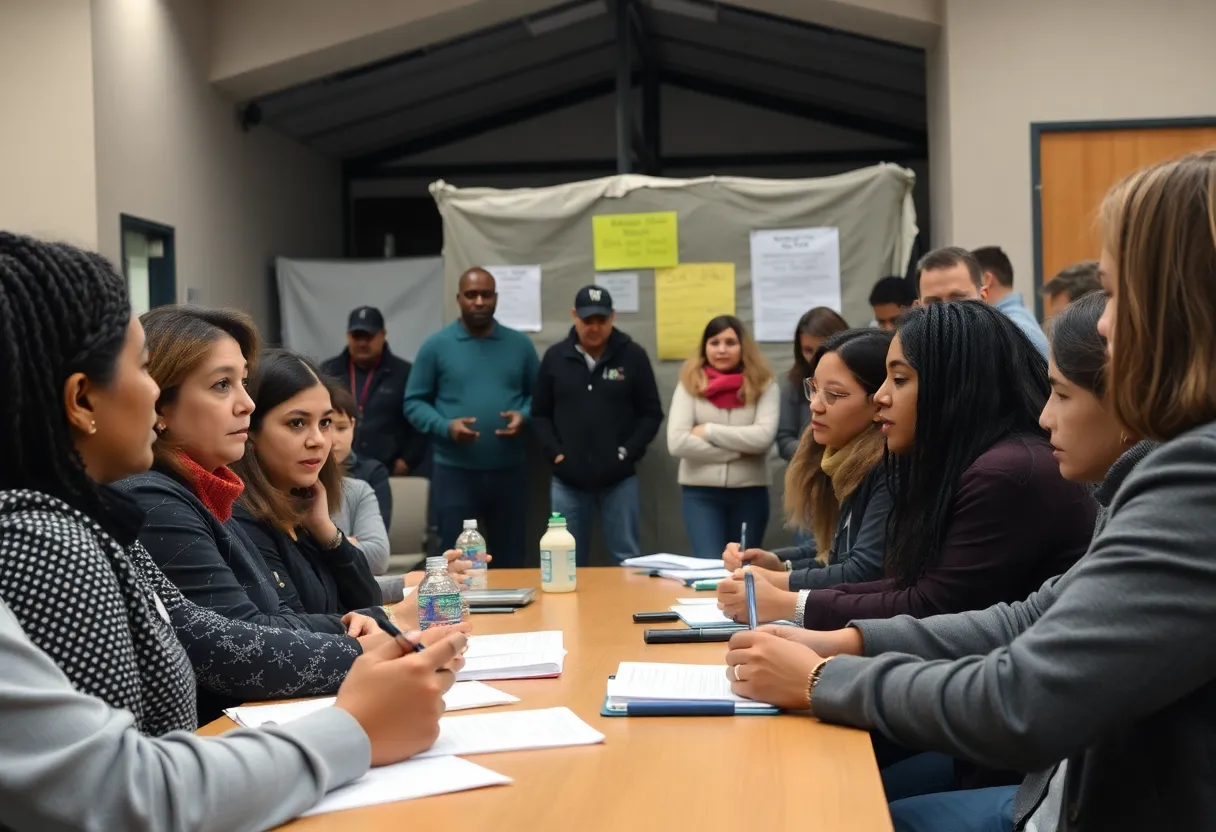News Summary
A significant training initiative has been launched to support communities affected by wildfires last August. The program educated 17 staff members from local organizations in disaster case management, equipping them to assist families in their recovery. With the guidance of expert facilitators, the training focused on building community trust and fostering connections. This effort is complemented by governmental support and the establishment of the Maui Recovery Funders Collaborative, aiming to streamline disaster recovery funding and ensure comprehensive support for affected individuals.
New Training Program Equips Local Organizations for Long-Term Disaster Recovery
In a heartwarming initiative to aid communities affected by the devastating wildfires last August, a newly launched training program is set to enhance long-term disaster recovery throughout the region. The Hoʻōla iā Mauiakama Long Term Recovery Group (Hoʻōla iā LTRG) recently wrapped up an eight-module Disaster Case Management training program, arming 17 dedicated staff members from four local organizations with essential skills to support families on their recovery journey.
What’s the Objective?
The purpose of this impactful training is straightforward yet powerful: empower professionals to provide much-needed assistance to disaster-affected individuals and families. The enthusiastic participants included representatives from Hoʻōla LTRG, Hawaiʻi Community Lending, Kaibigan ng Lahaina, and Roots Reborn. With guidance from expert facilitators Jessica Farmer and Carlene Anders from the Disaster Leadership Team, the focus on a holistic approach to recovery was evident in every session.
Role of Disaster Case Managers
Participants learned that Disaster Case Managers would serve as the primary contacts for disaster survivors, taking on the immense responsibility of aiding them in navigating their complex needs, accessing vital resources, and advocating for their long-term well-being. Rhonda Alexander-Monkres, the executive director of Hoʻōla iā LTRG, expressed the program’s significance by emphasizing that disaster case management is about making a long-term commitment to support those who have suffered — helping them until they can return home again.
Building Community Trust
The training is not just about skills but also about fostering trust and transformation within the community. Participants are encouraged to bring their own heart, language, and lived experiences to their work, creating a deeper connection with those they aim to help. Within just two weeks of completing the training, a newly trained case manager made a positive contribution by presenting a case to the Resources Roundtable. This led to essential funding from partner organizations, demonstrating the immediate impact of their training.
Broadening the Impact
As more case submissions are already in development, the excitement continues to grow among those involved. A representative from Hawaiʻi Community Lending noted that the training improved their clients’ overall service experience while the director of Roots Reborn remarked on the hope that such successful initiatives would inspire similar programs across the nation. Meanwhile, a staff member from Kaibigan ng Lahaina reflected on the importance of ensuring community members are remembered, marking a significant shift in responsibilities.
Government Support Hits the Ground
The training program is also complemented by a wave of governmental support aimed at assisting wildfire-affected communities. The U.S. Department of Labor recently awarded $2.5 million to expand employment and training services. This funding joins a larger $21 million Disaster Recovery Grant aimed at facilitating cleanup and recovery efforts in the aftermath of the wildfires.
The Maui Recovery Funders Collaborative
Adding another layer of support for the community, the Maui Recovery Funders Collaborative (MRFC) was launched to streamline disaster recovery funding efforts. This collaborative effort includes prominent organizations like the Hawaiʻi Community Foundation, Kaiser Permanente, and Maui United Way, which have already raised over $19 million for local initiatives since its inception. Notably, the MRFC offers a single-entry point for funding applications, making it easier for organizations to access the resources they need.
Focus on Comprehensive Recovery
The collaborative prioritizes community-driven solutions and actively seeks community input to shape funding priorities. By focusing on immediate relief and long-term resilience, the MRFC is making strides to adapt and meet the evolving needs of the recovering community. Kaiser Permanente has also stepped up by contributing to essential initiatives such as the Maui Wildfire Exposure Study and establishing a behavioral health resiliency center.
A Brighter Future Ahead
The goal of the MRFC is to create a sustainable model for community recovery, ensuring comprehensive support is available as those impacted by the wildfires work towards rebuilding their lives. With such dedicated training programs and collaborative efforts in place, hope springs eternal for those on their road to recovery.
Deeper Dive: News & Info About This Topic
HERE Resources
Hawaii Advocates for FEMA Funding Amid Recovery Challenges
23 States Unite for Federal Aid to Maui Wildfire Survivors
FBI Issues Urgent Warning on Medusa Ransomware Threat
The Call for Change in Disaster Case Management
Additional Resources
- Maui Now: Hoʻōla LTRG Trains Local Disaster Case Managers
- Hawaii Business: Philanthropy Reimagined in Disaster Recovery
- Maui Now: Maui Emergency Management Agency Progress
- Spectrum Local News: Federal Funds for Maui Disaster Relief
- Insurance Journal: Maui Recovery Funding Updates
- Wikipedia: Disaster Recovery
- Google Search: Maui Disaster Recovery
- Google Scholar: Maui Wildfires Disaster Management
- Encyclopedia Britannica: Disaster Relief
- Google News: Maui Disaster Recovery







